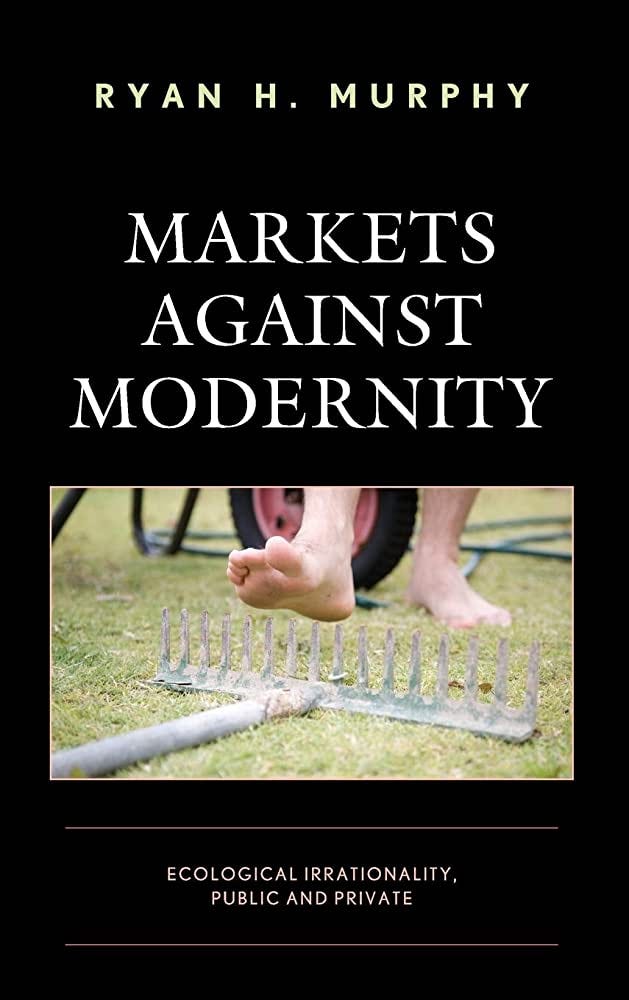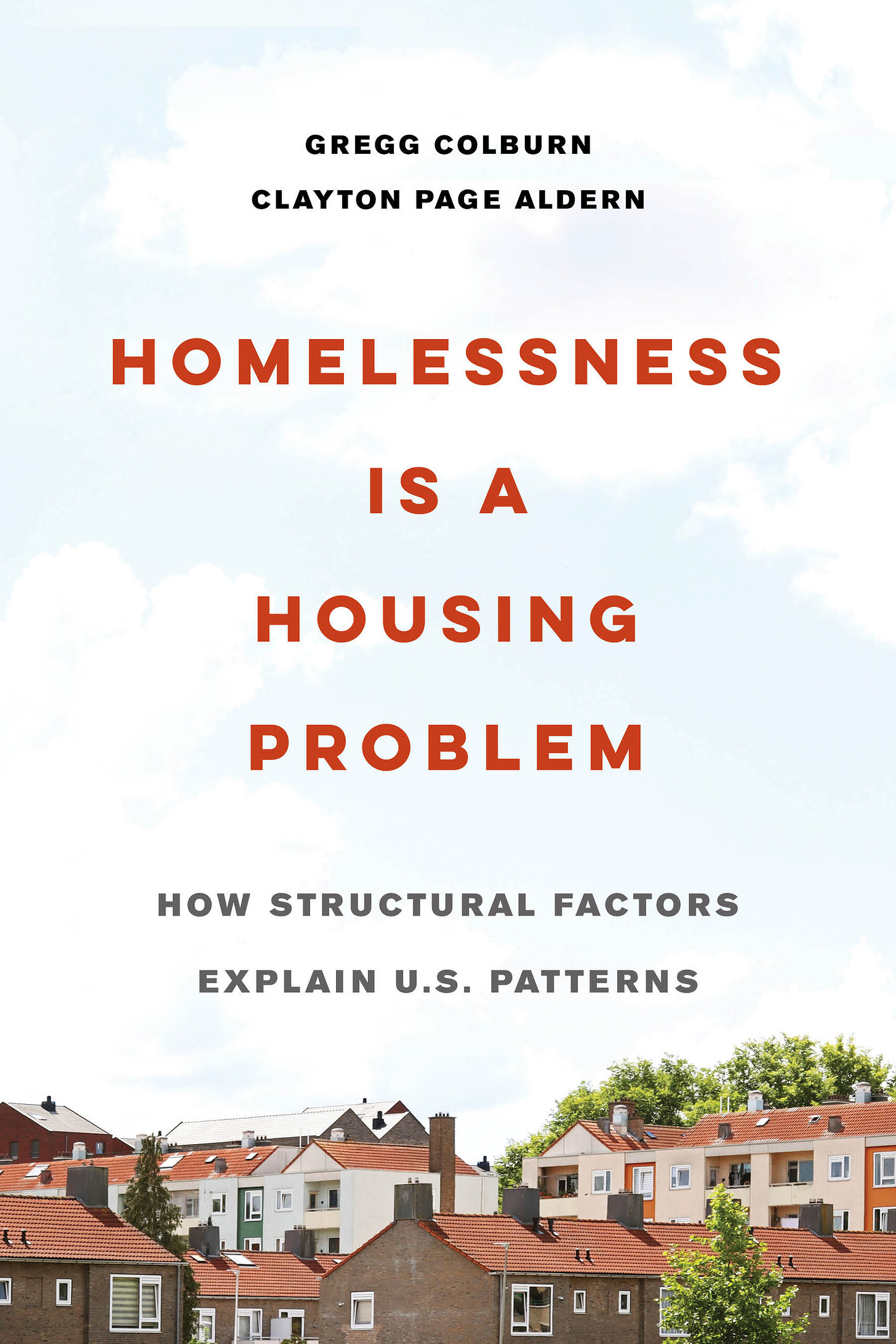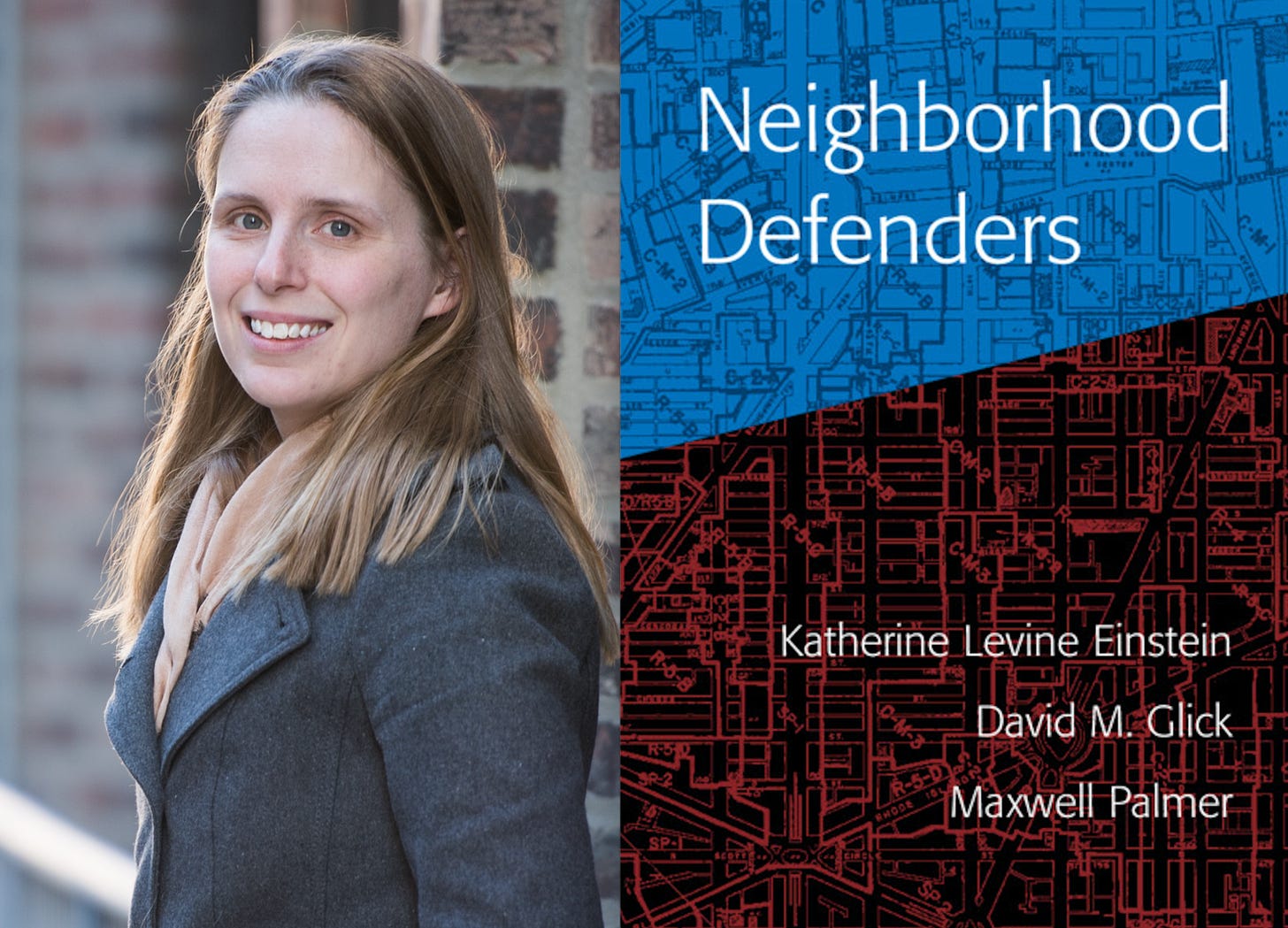Here’s the next installment of One-Paragraph Book Reviews.
The Stupidity of War: American Foreign Policy and the Case for Complacency by John Mueller. You may know Mueller for his numerate work on terrorism or his puckish Capitalism, Democracy, and Ralph’s Pretty Good Grocery. In The Stupidity of War, he shares his Big Picture on international relations. Contrary to simple-minded “realists,” Mueller argues that the costs of waging war are so high relative to the benefits that prudent people will virtually never want to fight. He makes a pretty strong case, but he’s much more effective at pointing out the absurd overconfidence of hawkish thinkers than actually proving his thesis. And he’s oddly overconfident himself: If people are stupid enough to fight stupid wars, why is Mueller so sure that the non-use of nuclear weapons since 1945 isn’t just a lucky streak? He should have limited himself to my common-sense case for pacifism, which simply holds that (a) you shouldn’t murder lots of innocent people (b) unless you know with high confidence that the benefits exceed the costs by a factor of five (c) which almost never happens due to the complexity of the world.
Markets Against Modernity: Ecological Irrationality, Public and Private by Ryan Murphy. For me, this is probably the most flattering book ever published. SMU’s Ryan Murphy explicitly starts with The Myth of the Rational Voter and my theory of rational irrationality. His big critique: Lots of humans happily consume expensive irrationality. Some of his prime cases: anti-vaxxers, anti-GMOers, Do-It-Yourselfers, and locavores. The book was written right before Covid, which would have given him a bunch of mighty additional examples. The early Covid era definitely put me in a Murphyesque frame of mind, since the vast majority of Covid-scared people were very low-risk - and lots of parents kept their healthy kids masked and isolated for over a year. As time wore on, though, the cost of irrationality clearly kicked in: Almost all businesses reopened as soon as the law allowed, almost all parents sent their kids back to school as soon as they reopened, and a lot more people moved out of lockdown states than into lockdown states. Overall, this is a thrilling work of popular science, with a few odd asides on anarcho-capitalism, futarchy, and epistocracy. Great topics, but you can’t thoughtfully discuss radical reform proposals until you first convince reader that the status quo is radically dysfunctional.
Homelessness is a Housing Problem: How Structural Factors Explain U.S. Patterns by Gregg Colburn and Clayton Aldern. In “The Panacea Policy,” my favorite chapter in Build, Baby, Build, I argue that housing deregulation makes a big dent in a wide range of social problems. But I initially left “homelessness” off the list of problems that deregulation would mitigate, because I thought the evidence was too weak. Homelessness is a Housing Problem changed my mind - and changed my book-in-progress. After examining a lot of different statistical predictors of homelessness, they find that absolute rent is probably the best. Granted, cheaper housing won’t house someone who spends 100% of his money on drugs. But you have to be really dysfunctional to be unable to make rent in Mississippi. Alas, after persuasively arguing that making housing really cheap drastically reduces homelessness, they back away from whole-heartedly supporting radical housing deregulation. Instead, they ignore their own central gripping result and switch to center-left boilerplate:
Certainly, he hope that private developers will continue to build great amounts of market-rate housing, because these units can help to reduce overall pressure on the market. With the help of subsidies and tax credits, some of these developers may also contribute to the stock of housing that is affordable to more people. But when it comes to supplying housing for people with little or no income, the tool of the private market is not well-suited to the task.
Neighborhood Defenders: Participatory Politics and America’s Housing Crisis by Katherine Einstein, David Glick, and Maxwell Palmer. This is one of the best empirical public choice books I’ve ever read - a clear-sighted exploration of the question, “Why exactly do local governments routinely strangle the housing industry?” Instead of just waving their hands and complaining about “NIMBYs,” Einstein, Glick, and Palmer (henceforth EGP) downloaded and analyzed the minutes - and often the full transcripts - of local planning and zoning boards of 97 towns and cities in Massachusetts. The big lesson: NIMBYism is not a hard-nosed effort to boost local housing prices. Instead, the typical NIMBY is a self-righteous crusader against ultra-petty local ills. If they only wanted money, you could buy them off and build. What the people who show up at meetings want, however, is to solve trivial problems regardless of the cost. A new building will block a view from the bike trail? Then the building shouldn’t exist! EGP show that even when construction is permissible de jure, activists use “death by a thousand cuts” to make prohibit construction de facto. Just keep demanding studies, requesting delays, and asking for further hearings until you whittle development plans down to nothingness. EGP are solidly pro-YIMBY, and are well-aware that grassroots democracy is doing great harm. But as Boston academics they can’t quite bring themselves to hail big business and denounce community activists, much less endorse the radical libertarian conclusion that free markets rule and democracy drools. Still, if you want an in-depth study of how democracy drools, this book is top-tier.








Glad to see you acknowledging America's housing shortage. USA desperately needs more apartments, and we need zoning reform in all our cities to make it easier to build apartments. Housing won't get cheaper until we do.
It will make COL cheaper and boost our economy in several ways while creating many thousands of jobs. As a bonus it will make our cities more pedestrian- and transit-friendly.
We just need to combat the NIMBYs who are fighting against any and all apartments.
The only thing that developers will take from the call for zoning reform via, "free market rules and democracy drools" is that they now have another device for their skullduggery. One can say that developers are being used as scapegoats, but those doing so have never met a developer and to me fit Thomas Sowell's definition of an intellectual in his, " Intellectuals and Society". Idea people never suffer the consequences of being wrong in their ideas.